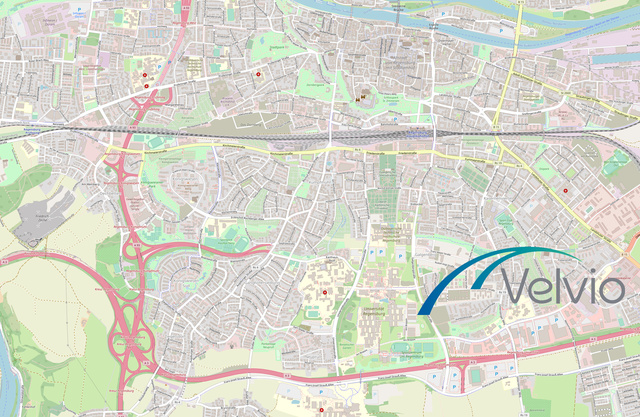
We believe choosing mRNA as target is the ideal way for decreasing TGFBR2 synthesis. Our drug candidates are screened for effective gymnotic cellular uptake - a process of oligonucleotide transfer into cells without additional transfection agents. Our drug has high activity already at very low intracellular concentrations. The drug specifically binds the human m-RNA of TGFBR2 and by this initiates the depletion of this target. Hence, lower amounts of m-RNA are available and synthesis of TGFBR2 is decreased.
NVP-13 – The Perfect Drug to Target TGF-ß Signaling
Characteristics of lead compound NVP-13
- 16-mer stable locked nucleic acid (LNA) antisense- oligonucleotide
- Targets exclusively human / nonhuman primate TGFBR2 mRNA
- Selected for excellent cellular uptake (pure compound uptake)
- Extreme stable intracellular activity
- Targets both smad (canonical) and non-canonical signaling

The broad range of disorders marked by upregulated TGFβ signaling highlights the need for safe and effective drugs to revert TGFβ signaling towards physiological levels. Therefore, targeting of TGFBR2 (mRNA) as the initial part of the signaling cascade was chosen as the most promising drug approach for this purpose. We identified modified ASOs with flanking locked nucleic acid wings (LNA, gapmer design) as drug candidates to specifically hybridize with the mRNA for human TGFBR2, leading to less available matrices for TGFBR2 protein syntheses and thus revert elevated TGFβ signalling to normal levels. "We believe choosing mRNA as target is the most specific way for targeting TGFBR2.“

Imbalanced, chronically upregulated TGF-beta signaling is mediating key detrimental mechanisms in a broad range of disorders. We Revert imbalanced TGF-beta signaling, Restore beneficial properties/milieu, which ameliorates pathology and start physiological Repair and Regeneration.



